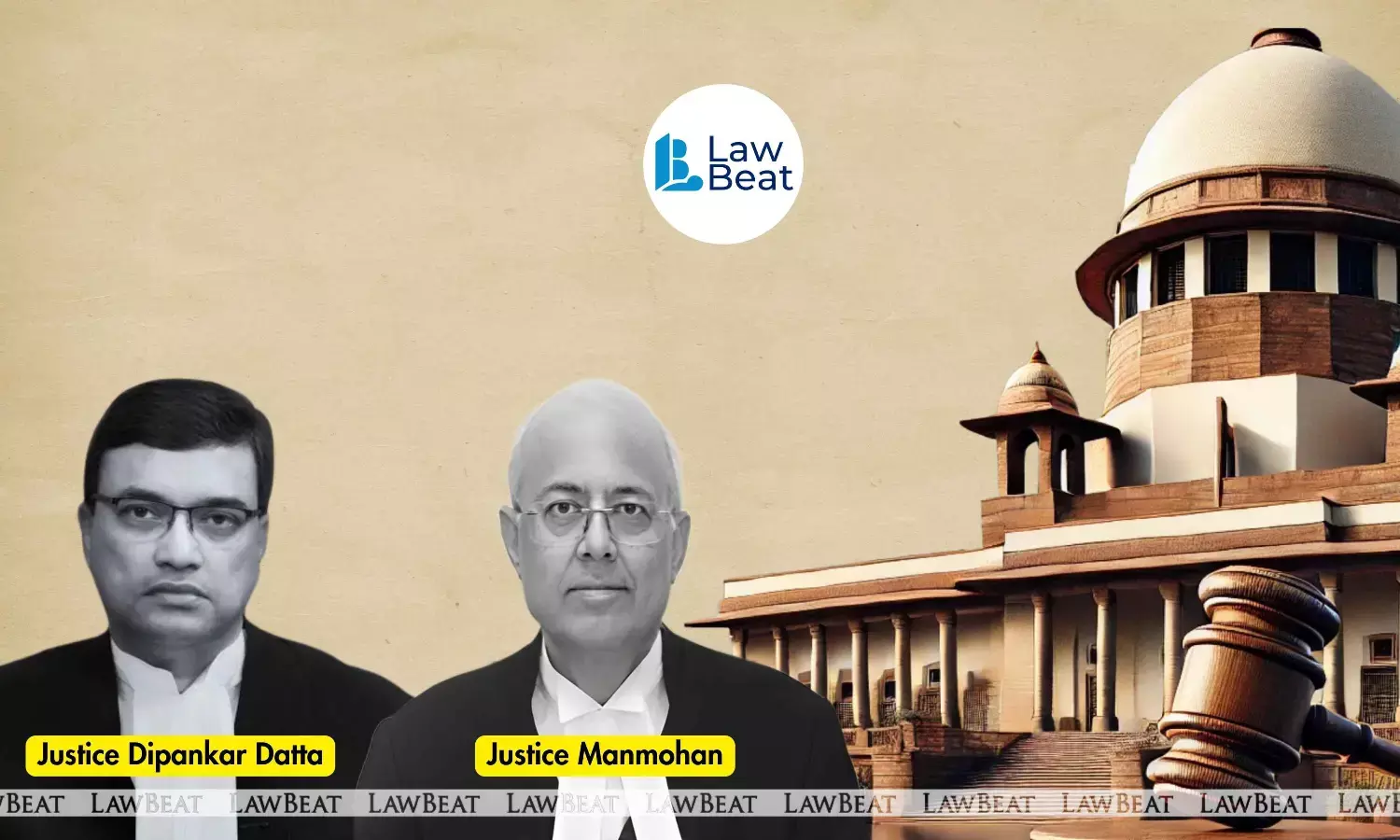Is RTE Act applicable to religious educational institution? Supreme Court refers issue to CJI

In 2021, the investigation of the case was transferred from UP police to the CBI.
The Supreme Court today referred the issue of minority schools being exempted from the ambit of the Right of Children to Free and Compulsory Education Act, 2009 (RTE Act) before the Chief Justice of India.
A bench of Justices Dipankar Datta and Manmohan has questioned the court's 2014 judgment in Pramati Educational & Cultural Trust v. Union of India.
"We respectfully express our doubt as to whether Pramati Educational and Cultural Trust (supra) [insofar as it exempts the application of the RTE Act to minority schools, whether aided or unaided, falling under clause (1) of Article 30 of the Constitution] has been correctly decided", the bench observed.
Accordingly, the Chief Justice of India has been urged to consider the desirability as to whether the issues formulated hereunder, or such other issues as may be deemed relevant, do warrant reference to a larger Bench:
a. Whether the judgment in Pramati Educational and Cultural Trust exempting minority educational institutions, whether aided or unaided, falling under clause (1) of Article 30 of the Constitution, from the purview of the entirety of the RTE Act does require reconsideration for the reasons assigned by us?
b. Whether the RTE Act infringes the rights of minorities, religious or linguistic, guaranteed under Article 30(1) of the Constitution? And, assuming that Section 12(1)(c) of the RTE Act suffers from the vice of encroaching upon minority rights protected by Article 30 of the Constitution, whether Section 12(1)(c) should have been read down to include children of the particular minority community who also belong to weaker section and disadvantaged group in the neighbourhood, to save it from being declared ultra vires such minority rights?
c. What is the effect of non-consideration of Article 29(2) of the Constitution in the context of the declaration made in Pramati Educational and Cultural Trust that the RTE Act would not be applicable to aided minority educational institutions? and
d. Whether, in the absence of any discussion in Pramati Educational and Cultural Trust regarding unconstitutionality of the other provisions of the RTE Act, except Section 12(1)(c), the entirety of the enactment should have been declared ultra vires minority rights protected by Article 30 of the Constitution?
This order has been passed by the Supreme Court while dealing with civil appeals challenging judgments/orders of two of the three chartered high courts as regards applicability of the Teacher Eligibility Test to minority educational institutions and whether qualifying in the TET is a mandatory prerequisite for recruitment of teachers as well as promotion of teachers already in service.
Invoking its powers under Article 142 of the Constitution of India, the Supreme Court has directed that while the reference is pending, those teachers who have less than five years’ service left, as on date, may continue in service till they attain the age of superannuation without qualifying the TET.
"Insofar as in-service teachers recruited prior to enactment of the RTE Act and having more than 5 years to retire on superannuation are concerned, they shall be under an obligation to qualify the TET within 2 years from date in order to continue in service. If any of such teachers fail to qualify the TET within the time that we have allowed, they shall have to quit service. They may be compulsorily retired; and paid whatever terminal benefits they are entitled to", the bench has further ordered.
Court has further reiterated that those aspiring for appointment and those in-service teachers aspiring for appointment by promotion must, however, qualify the TET; or else, they would have no right of consideration of their candidature.
Case Title: ANJUMAN ISHAAT-E-TALEEM TRUST vs. THE STATE OF MAHARASHTRA & OTHERS
Judgment Date: September 1, 2025
Bench: Justices Datta and Manmohan
